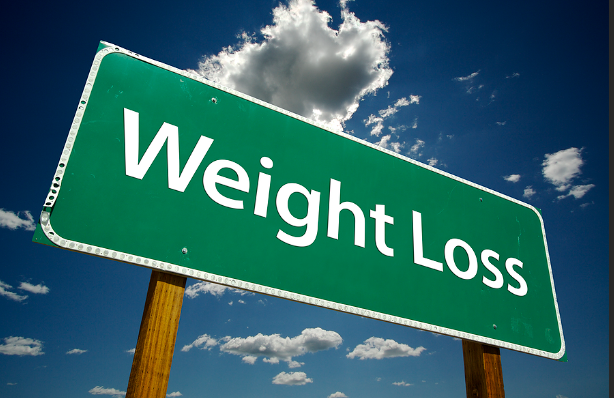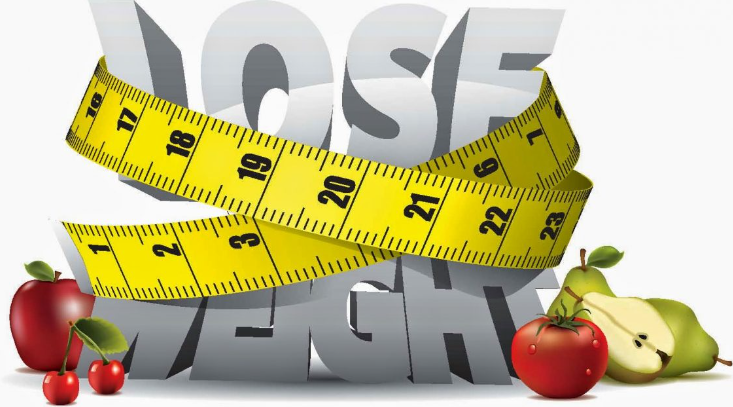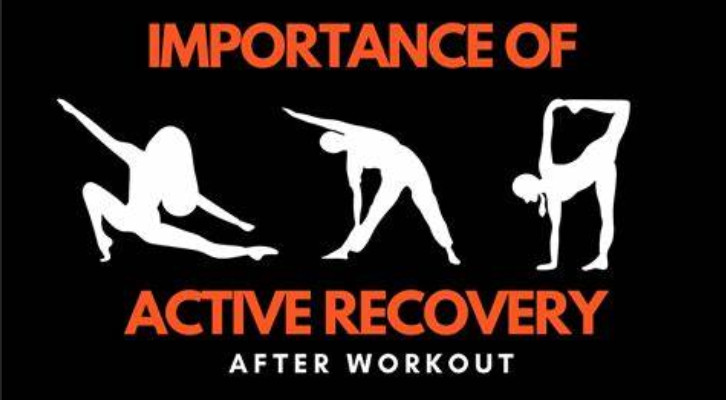If you follow a fad diet, you have plenty of those. But can you stick to this deprivation diet for very long? If you do lose weight, will your weight stay the same when you go back to your usual way of eating?
Fad diets don’t help you keep the weight off for the long term. So what does work? The best diets aren’t diets at all, but a lifestyle that includes your favorite foods, exercise and healthy habits.

Here are some simple and straightforward suggestions.
Variety is key
Just as a car needs the right amount of gasoline to run, the body needs a healthy diet to develop properly. This means the right balance of proteins, carbohydrates and fats, as well as many other nutrients.
When you stick to fad diets and exclude essential nutrients, you put yourself at risk of getting sick. Too little of any nutrient will not cause immediate problems. However, if a deficiency is chronic, you may find that you have a health problem.
Practice Portion Control
Over the years, food portions have become bigger and bigger. Fast food restaurants aren’t the only places you can find super-sized meals. Researchers have noticed that from 1970 to the 1990s, portion sizes of hamburgers, tacos, burritos, french fries, sodas, ice cream, pies, cookies, and salty snacks have increased-whether you eat them at home or at a restaurant.
What does a healthy serving size look like?
- A cup of fruit shouldn’t be bigger than your fist.
- An ounce of cheese is about the size of your thumb.
- Three ounces of meat, fish or poultry (a normal serving) is about the size of the palm of your hand.
- 1 to 2 ounces of nuts is the equivalent of one of your hands.
Here are some simple tips to minimize the amount of food (and calories) you eat:.
- Use a salad plate instead of a large dinner plate for meals.
- Keep snacks in small sandwich bags.
- When ordering a meal, share it with a friend. Or eat half and take the rest home.
- Ask for a kid’s meal or a small portion at a fast food restaurant. Never eat a super-sized portion.

Then, follow these simple strategies:
Eat a variety of foods. Make sure your diet contains lean proteins; complex carbohydrates, such as whole grains, fruits, and vegetables; and “good” fats, such as omega-3 fats from fish and monounsaturated fats from avocados, nuts, olives, or olive oil. When you stick to fad diets and exclude essential nutrients, you put yourself at risk of getting sick. Too little of any nutrient will not cause immediate problems. But with chronic deficiencies, you may find that you have health problems.
Say no to harmful fats. Minimize saturated fats from animals and avoid trans fats from fried foods, snacks and fast food products.
Eat more fruits and vegetables. How much depends on your age, gender and activity level. A good reference point for adults is 2 to 3 cups of vegetables and 1.5 to 2 servings of fruit per day.
Exercise for at least 150 minutes a week. This can be broken up into smaller chunks of time. For example, you could walk briskly for 10 minutes 3 times a day for 5 days to reach 150 minutes.
Clean out the kitchen! Throw out high-calorie, high-fat, sugary foods that can make you overeat-chips, cookies, crackers, ice cream, candy, etc. Then, fill your refrigerator and cabinets with lean proteins, fruits, vegetables, whole grains, beans, nuts, seeds, beneficial fats, and fat-free or low-fat dairy products.
Eat smaller, more frequent meals. Aim to eat five to six small meals a day. Eat every three to four hours. Try bringing low-fat cheese and whole-grain crackers to school or work as a snack, or eat a tablespoon of peanut butter on a slice of whole-grain bread. Find foods that are healthy and fill you up.
Fill up on the good stuff. Eat more salads and string beans, cauliflower, cabbage, kale, or other low-calorie vegetables than high-fat foods, bread, pasta, and desserts. If you still feel hungry after a meal and want more, eat your vegetables.
Eat berries. Blackberries (blueberries, blackberries, cherries and raspberries) are full of healthy antioxidants. They are also low in calories and fat and high in fiber.
Avoid “empty calories”. Don’t drink sugary sodas and fruit drinks. Limit refined sugar found in candy, cookies and cakes.
If you need more information about weight loss and dieting, talk to your health care provider or registered dietitian. Ask your doctor about your “ideal” weight and how many calories you must consume to lose weight and maintain it.
Also, get a friend, family member or coworker to join you in changing your eating habits and losing weight. It’s much easier to stick to a weight loss program when you have someone to support you.


